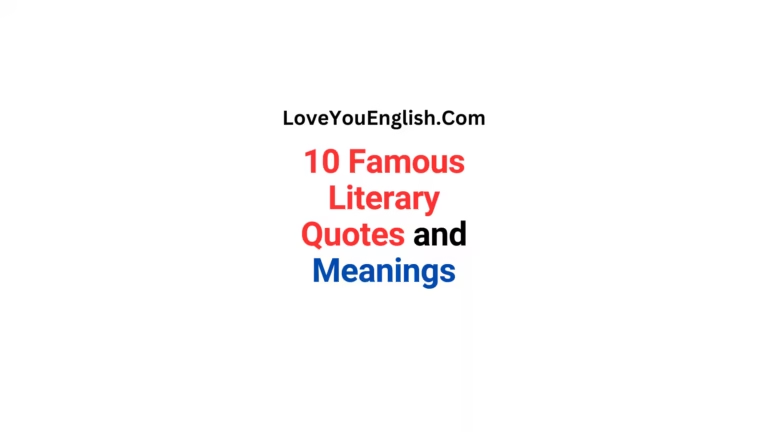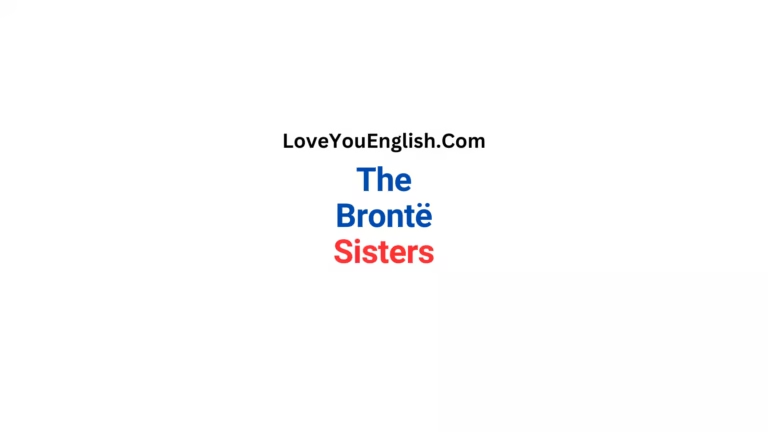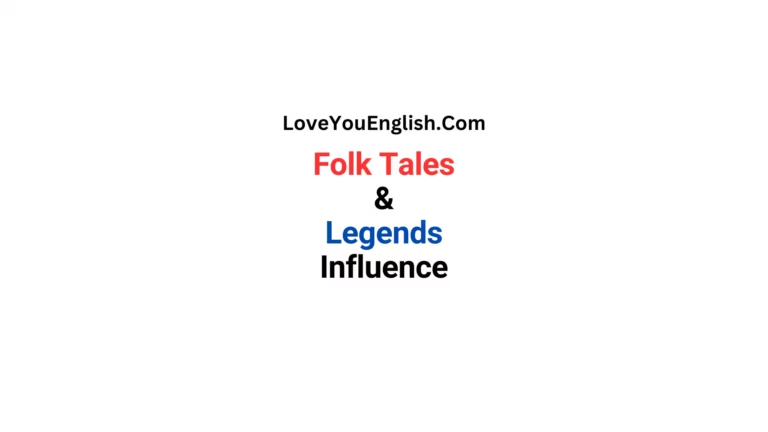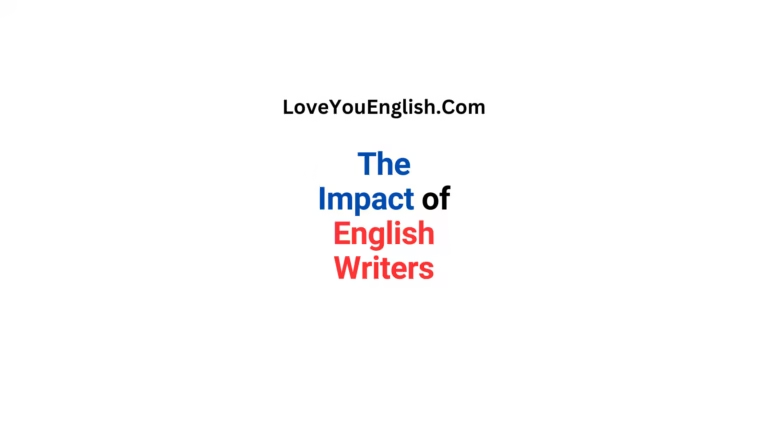The Nobel Laureates of English Literature
Imagine a world where words shape our thoughts and emotions. The Nobel Prize in Literature honors writers whose works inspire and influence generations. Many great English-language authors have received this prestigious award for their contributions to literature.
In this post, we will explore some of the most remarkable Nobel Laureates in English literature. Their works go beyond just winning an award—they have changed the way we think about language, culture, and society.
The Start of the Nobel Prize in Literature
The Nobel Prize in Literature was created based on the will of Alfred Nobel, a Swedish chemist and inventor of dynamite. When he passed away in 1896, his will stated that the prize should be awarded to “the person who shall have produced in the field of literature the most distinguished work in an idealistic direction.”
Since 1901, this prize has been given annually to authors who have made significant contributions to literature. Writers from many languages and cultures have won, but English-language authors have had their share of success. Some of these winners are world-famous, while others are known mainly in literary circles. However, all of them have shaped literature in important ways.
William Golding: Exploring Human Nature
One of the most famous Nobel Laureates in English literature is William Golding, who won the prize in 1983. His best-known novel, Lord of the Flies, tells the story of a group of boys stranded on an island. The book explores how civilization can collapse when people are left to survive on their own.
Golding’s novel shows the dark side of human nature, exploring themes like power, innocence, and cruelty. His ability to bring these ideas to life made him a deserving Nobel Laureate. His work challenges us to think about the hidden depths of human behavior.
T.S. Eliot: A Modernist Poet
T.S. Eliot won the Nobel Prize in Literature in 1948. He was one of the most influential poets of the 20th century, known for his unique writing style. His famous works, The Waste Land and The Love Song of J. Alfred Prufrock, changed the way poetry was written.
Eliot’s poems reflected the confusion and struggles of the modern world. His writing style was different from traditional poetry—he used fragmented images, historical references, and deep symbolism. His work made poetry more intellectual and thought-provoking.
Doris Lessing: Writing About Society and Identity
In 2007, Doris Lessing won the Nobel Prize for her deep and powerful storytelling. She wrote about politics, gender, and personal identity. Her most famous book, The Golden Notebook, is considered a feminist classic.
Lessing’s novels explore topics like war, colonialism, and mental health. Her stories help readers understand social and psychological struggles. Even today, her books are relevant and thought-provoking.
V.S. Naipaul: Writing About Culture and Identity
V.S. Naipaul won the Nobel Prize in 2001. Born in Trinidad and Tobago to Indian parents, he wrote about post-colonial societies, migration, and cultural identity.
His famous book, A Bend in the River, is set in an unnamed African country and explores the challenges of a society dealing with the effects of colonialism. His writing gives readers a deep understanding of history, culture, and personal identity.
Naipaul was a controversial figure due to his critical views, but his writing remains an important exploration of cultural change and human experience.
Bob Dylan: Poetry in Music
In 2016, Bob Dylan became the first musician to win the Nobel Prize in Literature. His lyrics, filled with deep meaning, made a lasting impact on society.
Songs like Blowin’ in the Wind and The Times They Are A-Changin’ became anthems for social movements. Dylan’s lyrics capture emotions, struggles, and hopes, making him a “poet of the people.” His award showed that literature is not just about books—it can also be found in music.
A Lasting Influence
The Nobel Laureates of English Literature have shaped the way we see the world. From William Golding’s dark themes to T.S. Eliot’s modern poetry, Doris Lessing’s social commentary, and V.S. Naipaul’s cultural reflections, their works continue to inspire us.
Bob Dylan’s Nobel Prize reminds us that literature exists in many forms, including music. The Nobel Prize in Literature honors those whose words challenge and inspire us, helping us understand each other better.
As time goes on, new writers will join this list, continuing the tradition of literary greatness. These authors prove that words have the power to change history, shape cultures, and connect people across time and space.
More topics:
- How to Prepare for an English Literature Exam
- The Role of Nature in Romantic English Poetry
- 10 Famous Literary Quotes and Their Hidden Meanings
- The Importance of Tragedy in English Drama
- The Role of Religion in English Literary Classics
- How to Write a Book Review for Classic English Novels
- How to Build a Strong Foundation in English Literary Theory
- The Role of the Supernatural in English Literary Classics

